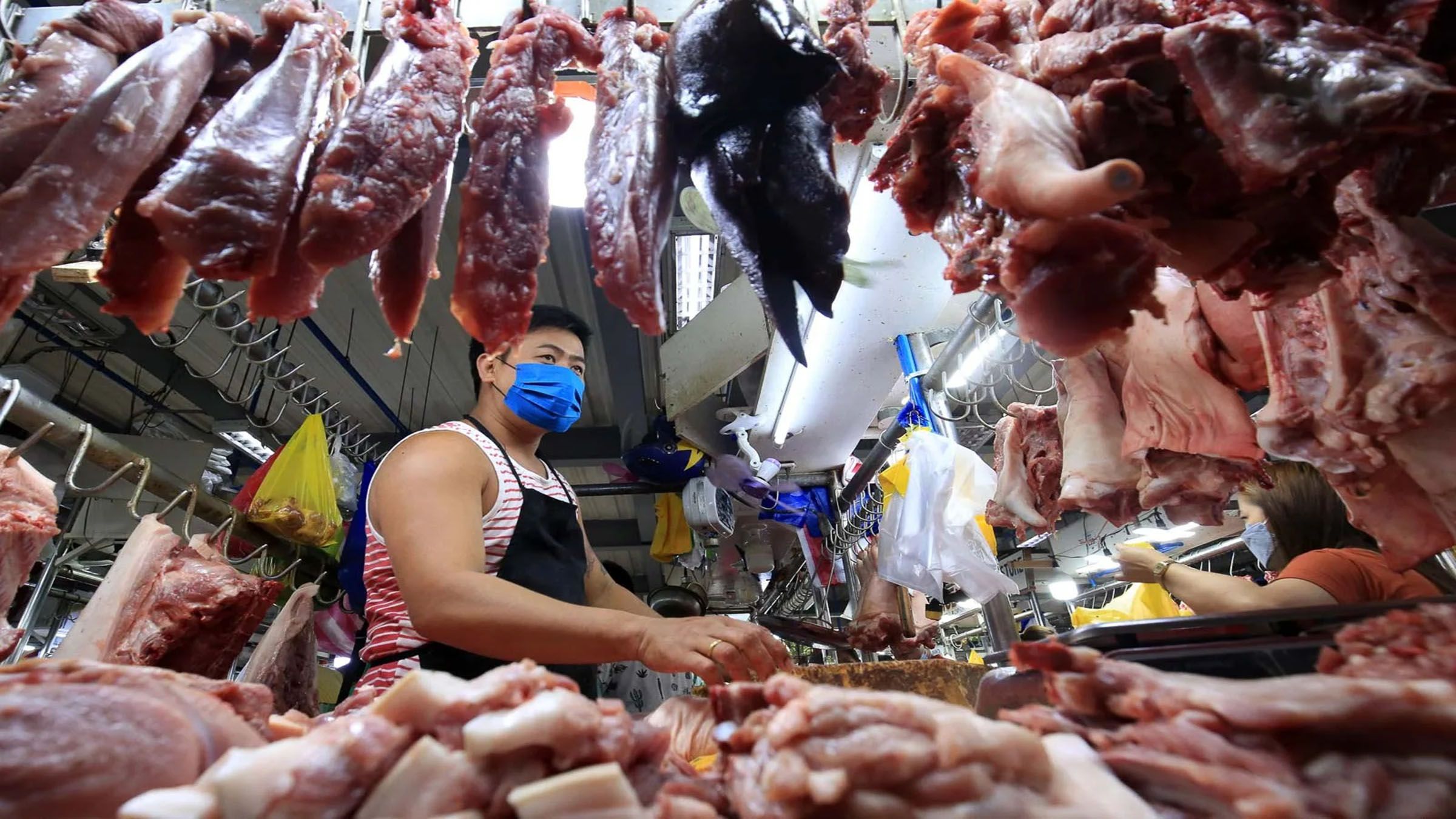Inflation eased by 0.1 percent in February owing to slight drops in prices of some food commodities. But utilities, rentals and LPG have also caused the continued elevation of inflation.
Inflation in February shed 0.1 percent from 8.7 percent in January to 8.6 percent, which the Bangko Sentral noted is still within its earlier target range of 8.5 to 9.3 percent for the month.
National Statistician Dennis Mapa attributed the slowdown to slower price increases in the transport commodity group, recording a 9-percent inflation rate which was down from 11.1 percent in January.
Among the 12 other commodity groups monitored for the consumer price index, nine reflected faster price increases in February compared to their levels in January.
The biggest contributor to rising prices in February were food items, particularly vegetables, fish and meat; housing and utilities, particularly electricity and rentals, cooking gas or LPG and transport, particularly public vehicles, and diesel.
The BSP said it expects Inflation to remain above the target until early Q4 2023 before decelerating close to the low end of the target range by January 2024 due mainly to negative base effects and the likely decline in global oil and non-oil prices. The inflation path continues to be driven by supply-side factors as pressures from elevated global and domestic commodity prices broaden.
At the same time, the risks to the inflation outlook are tilted to the upside for both 2023 and 2024. The potential impact of uncertainties in the global food market, increased domestic prices of key food items facing supply constraints, additional transport fare hikes due to elevated oil prices, and higher-than-expected wage adjustments in 2023 are the major upside risks to the inflation outlook. Meanwhile, the impact of a weaker-than-expected global recovery is the primary downside risk to the outlook, the BSP added.
The Monetary Board will review its assessment of the inflation outlook in its monetary policy meeting on 23 March 2023. The BSP remains prepared to adjust its monetary policy settings as necessary to prevent inflation expectations from becoming dis-anchored and safeguard the inflation target over the policy horizon. The BSP also continues to call for the timely and effective implementation of non-monetary government measures to mitigate the impact of persistent supply-side pressures on inflation.
As inflation rate eased a bit in February 2023, the National Economic and Development Authority (NEDA) stressed the need to recalibrate government strategies to alleviate the impact of higher commodity prices.
However, energy and food inflation remained the top contributors to inflation, accounting for 1.0 and 0.9 percentage points (ppt), respectively. This was followed by restaurant services contributing 0.8 ppt and house rentals with 0.7 ppt. Meanwhile, public transport contributed 0.6 ppt.
“We must rethink our strategies to combat rising food prices. The country’s current high inflation is largely driven by domestic, supply-side constraints. Agricultural imports were ill-timed and food supplies have been inadequate. The solution is to get to the root of the problem, including fixing the bottlenecks along all segments of the agricultural value chain,” said NEDA Secretary Arsenio M. Balisacan.
“We recommend the urgent creation of a high-level inter-agency committee to advise the President and the Cabinet on measures to keep food prices stable and ensure food security for all Filipinos, especially the poor whose expenditures are largely constituted by food. We must immediately address this issue if we are to remain on track to meeting our poverty reduction targets for the medium term,” he added.
The country’s chief economist also underscored the importance of targeted social protection programs in helping the nation’s poorest families and vulnerable sectors cope with the impact of inflation.
“The government continues to implement calibrated and swift measures to arrest inflation and its impact, including addressing supply issues especially in food products, providing targeted cash transfers and social protection programs to the most vulnerable sectors of the society, and ensuring access to affordable and reliable energy sources,” Balisacan said.
“These short-term assistance programs will be complemented by productivity- and efficiency-enhancing measures in the medium term, as outlined in the Philippine Development Plan 2023-2028,” Balisacan added.
Tags: #inflation, #BSP, #NEDA
